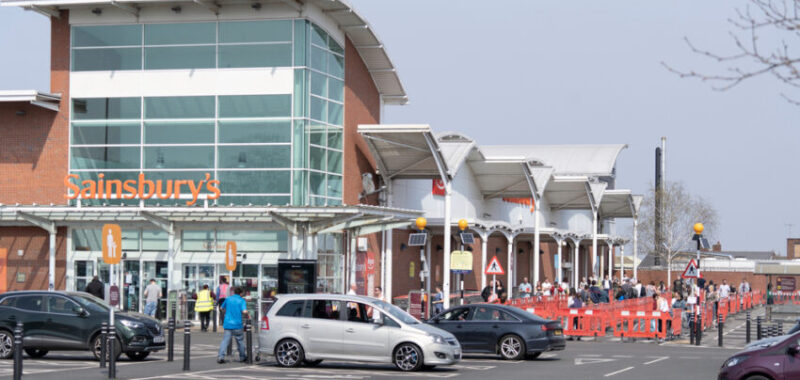Sainsbury’s is planning to shed more than 3,000 head office positions and shut its remaining in-store cafés in a bid to reduce costs by £1 billion. As Britain’s second-largest grocer, the company employs around 150,000 people across more than 1,400 shops nationwide.
The business said it was contending with “a particularly challenging cost environment” following recent budget tax increases and had been forced to make “tough choices” to boost efficiency. Part of these efforts will see Sainsbury’s reorganise its management structure, including an expected 20 per cent reduction in senior roles over the coming months, subject to consultation.
The cuts follow Sainsbury’s announcement last week that hourly paid workers would receive a two-stage pay rise of 5 per cent, worth more than £1,100 a year on average. They also build on a plan revealed in February to eliminate 1,500 roles, including some at head office, as part of the retailer’s “next level” strategy to restructure and “right-size” the business by reallocating space from general merchandise and clothing to food.
In a move to simplify operations further, Sainsbury’s said it would close its remaining 61 in-store cafés, subject to consultation. It highlighted that most loyal customers rarely visit the cafés and have shown greater interest in outlets run by specialist partners. The chain added it would also discontinue its less-popular patisserie, hot food and pizza counters, replacing them with items in stronger demand.
Simon Roberts, the chief executive, credited Sainsbury’s strategy for generating “real momentum” across the business, pointing to improvements in the retailer’s value proposition, quality and market share. He nevertheless acknowledged “a particularly challenging cost environment”, which had prompted “tough choices about where we can afford to invest and where we need to do things differently”. He pledged to offer full support to colleagues affected by the job cuts.
Roberts had cautioned earlier that he would “look very carefully” at future hiring plans in light of looming wage pressures, despite the business enjoying what it called its “biggest ever” Christmas. The rise in employers’ national insurance contributions from April is expected to add about £140 million to the grocer’s costs.
Clive Black, an analyst at Shore Capital, noted that Sainsbury’s decision to streamline its operations was unavoidable “in the face of very considerable UK government sourced cost expansion”. He also echoed the grocer’s own data, suggesting that most of its loyal shoppers rarely use the cafés.
Sainsbury’s shares, which have fallen 8.5 per cent in the past year, were down a further 0.4 per cent at 256½p in afternoon trading.

